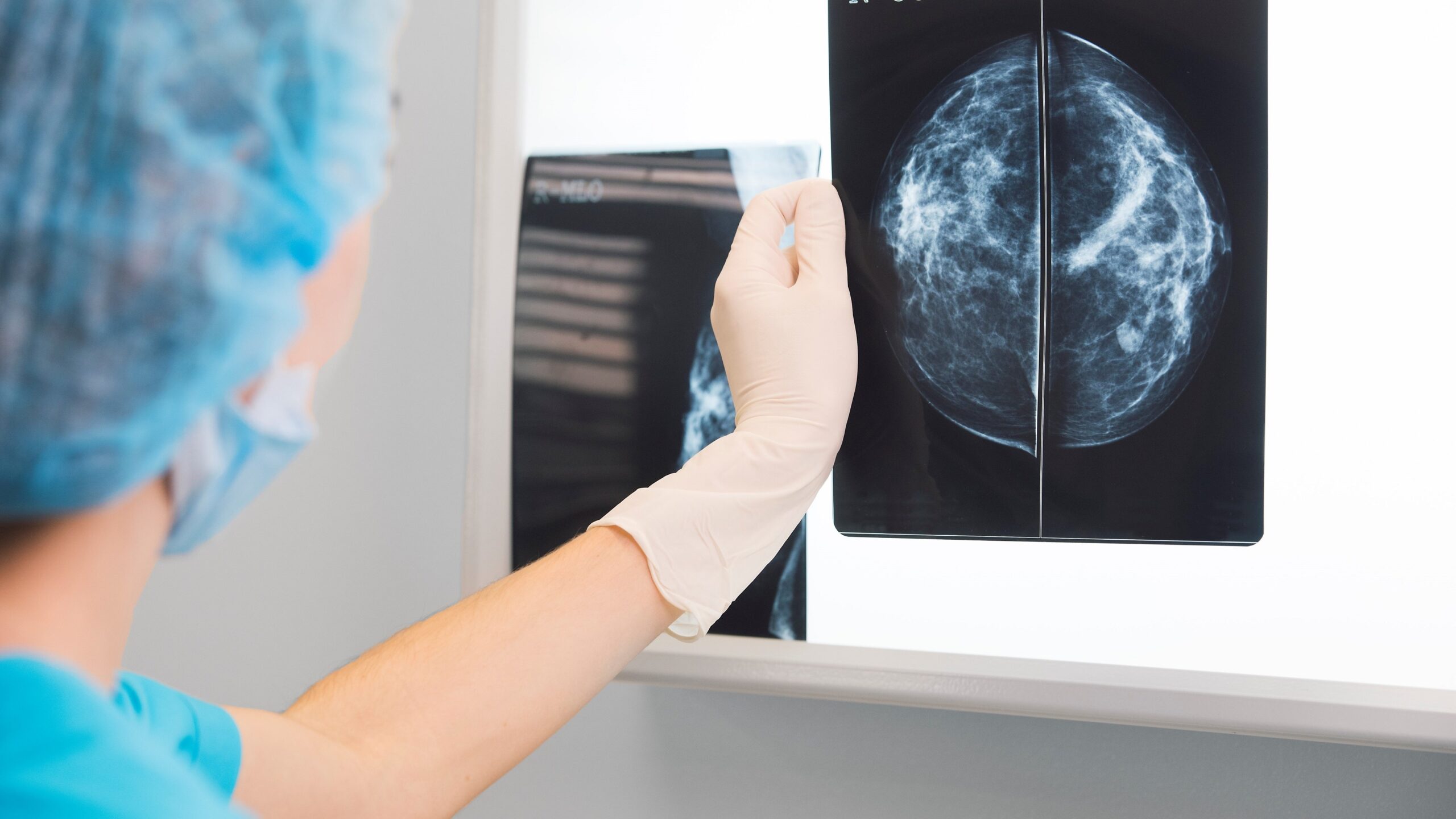Hologic has put forward two studies of its artificial intelligence programs for mammography, showing that an AI tool could maintain high breast cancer detection rates while also simplifying radiologists’ workflows and scan-reading times. The company said the tech could help address long-running shortages of trained clinicians without compromising effectiveness.
Hologic’s 3DQuorum software generates what it calls SmartSlices, or larger layers compiled from a 3D scan’s original high-resolution data. These AI-created, overlapping cross-sections of the breast measure 6 millimeters each, compared to the typical 1-millimeter slice—resulting in fewer total images for the radiologist to review.
The company described its approach as condensing a 60-page book into a 10-page summary while retaining the relevant info, and said it could lead to an average savings in interpretation time of up to one hour per day.
Related
The retrospective, real-world study, conducted by researchers at Mass General Brigham and Harvard Medical School, evaluated more than 160,000 mammography screenings and compared cancer detection rates before and after the adoption of 3DQuorum. Hologic said it found no significant difference in the number of potential breast tumors spotted.
The results are set to be presented at the annual meeting of the Radiological Society of North America, being held in Chicago next week—alongside a second study from the U.K., which pitted an AI program head-to-head with radiologists.
Researchers at the University of Nottingham tested Hologic’s Genius AI Detection platform against 108 specialists from the U.K. and U.S., presenting both sides with 75 challenging breast cancer cases. The program highlights suspicious lesions in mammography scans.
According to Hologic, the AI performed similarly to its human counterparts but demonstrated lower specificity, resulting in a higher rate of false positives. However, the company said the ongoing study’s initial findings point toward the AI’s use in short-staffed settings where double readings by multiple radiologists is required.
“Artificial intelligence is increasingly becoming a critical tool in mammography, and we are encouraged to see data from multiple studies underscoring its potential to help radiologists work more efficiently without sacrificing quality,” Mark Horvath, Hologic’s president of breast & skeletal health solutions, said in a statement.
Related
Hologic made the news a little more than a month ago with what has been touted as one of the largest healthcare acquisitions of its kind this year, when Blackstone and TPG signed up to take the medtech private at a cost of $18.3 billion.
